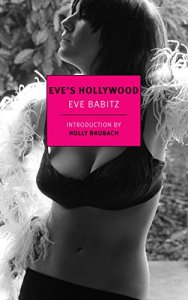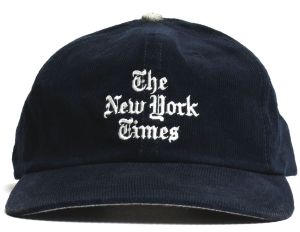I’m greedily tearing through “Interior Chinatown,” a tangy cultural satire by hot young writer Charles Yu. I’m savoring the book’s poppy humor, clever screenplay format and edifying critique of what it’s like to be Asian in America (bluntly: assimilation’s a bitch). The novel, which is also a scathing indictment of racial stereotyping in Hollywood, won this year’s National Book Award. It probably deserves it.

As I read, plunging into a world both comic and caustic, ordinary life churns on. I pop a mild tranquilizer (tranquility, wee), the snow melts into puddly archipelagos, the washing machine sloshes, the small gray dog curls up like a sow bug on the couch. These are not distractions, though I sometimes get sidelined by looking forward to my next book, no matter how good the current read is.
Like:
- “The Trouble with Being Born,” a collection of acrid aphorisms by E.M. Cioran, who calls birth “that laughable accident.” (Wait, did he write this for me personally?)
- I’ll revisit Virginia Woolf’s hypnotic “Mrs. Dalloway,” inspired by a recent essay extolling its literary radicalism. Not a simple read, Woolf challenges audience assumptions, and rewards them with rapture.
- I’ll also take a second dip into “Sex and Rage,” Eve Babitz’s raffish auto-fiction, whose subtitle, “Advice to Young Ladies Eager for a Good Time,” is a brazen come-on. The book’s so saucy, such unfiltered fun, and the writing so ablaze, resisting it would be dumb self-denial.
- Then there’s “Geek Love” by Katherine Dunn, a rollicking freak show saga told by an albino hunchback dwarf. Echoing with the bearded lady’s cackle, this exotic family comedy has been called “a Fellini movie in ink.” Nirvana.
It’s trite to note how reading has risen during the pandemic. That’s almost a year now of increased literary calories. And, gulp, plump we get. If you’re braving the prolix Russians, you’re assuming even more brain girth. Conversely, if your diet is J.K. Rowling, you could be anorexic. (And the knuckle-draggers who boast they don’t read? Mind rot — enjoy!)
Certain books, hence, are in high demand. I’m having a hell of time getting my mitts on Maggie O’Farrell’s award-winning historical fiction “Hamnet,” a speculative study of Shakespeare’s complex marriage, his young son’s death from the plague, and how that loss might have led the playwright to make his immortal “Hamlet.” The slavered-over tome is out of stock at (boo, hiss) Amazon and on back order at the local indie shop. All 66 copies in the county library system are checked out.

It can wait. I have the above books on queue, with a few other titles earmarked. You can never run out of choices, even if it leads you to reread a book or three, which is how you know you’ve struck a great one, like my current pleasure “Interior Chinatown,” a contender for a later revisit.
Literature is like another book, the passport. It slings you aloft, carries you to far-flung places. In these cloistered days, reading is the safest, most satisfying way to get out of your space, the claustrophobic chambers of the solitary mind. While we can barely leave home, books are effectively the new travel, transporting — and transcendent.





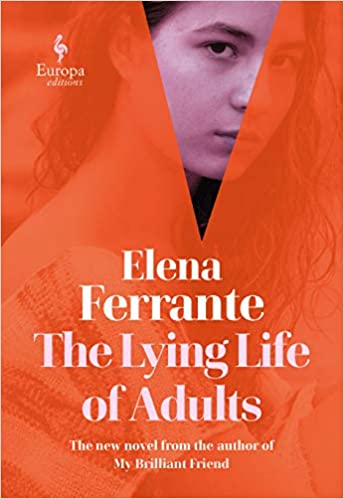
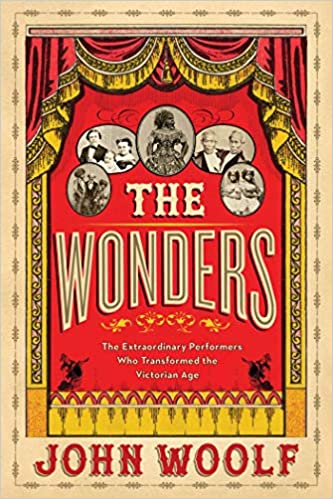 Agreed. Author John Woolf weds sharp scholarship and anecdotal color about some of the most popular human oddities of the 17th to 20th centuries with accessible and mesmerizing verve. Some of the abnormalities are digestible — dude, you’re like the size of a Cabbage Patch Kid! — while others rattle: the rampant racial exploitation marring the sideshow circuit truly sickens.
Agreed. Author John Woolf weds sharp scholarship and anecdotal color about some of the most popular human oddities of the 17th to 20th centuries with accessible and mesmerizing verve. Some of the abnormalities are digestible — dude, you’re like the size of a Cabbage Patch Kid! — while others rattle: the rampant racial exploitation marring the sideshow circuit truly sickens. 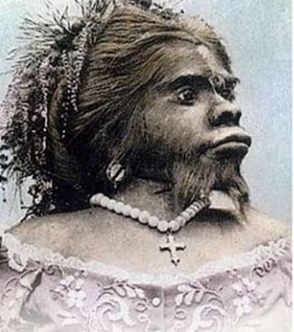
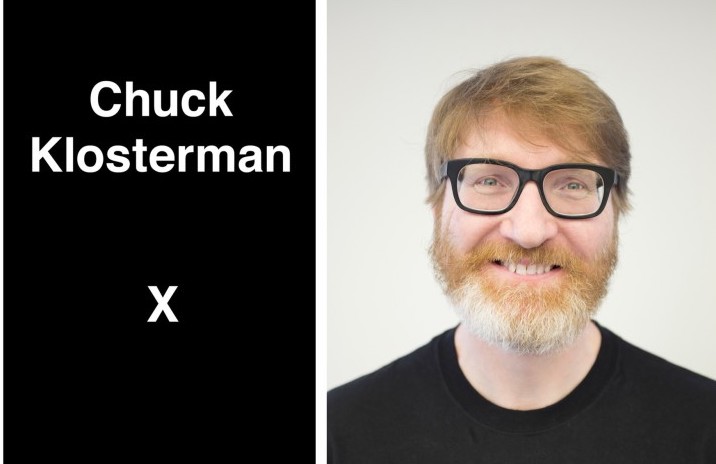
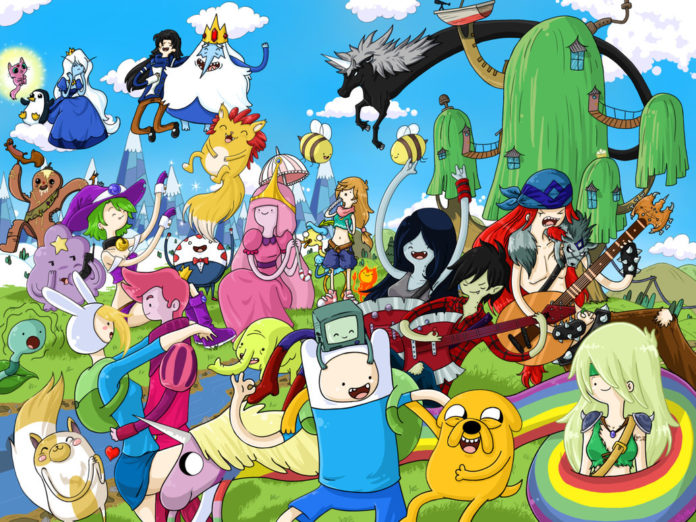
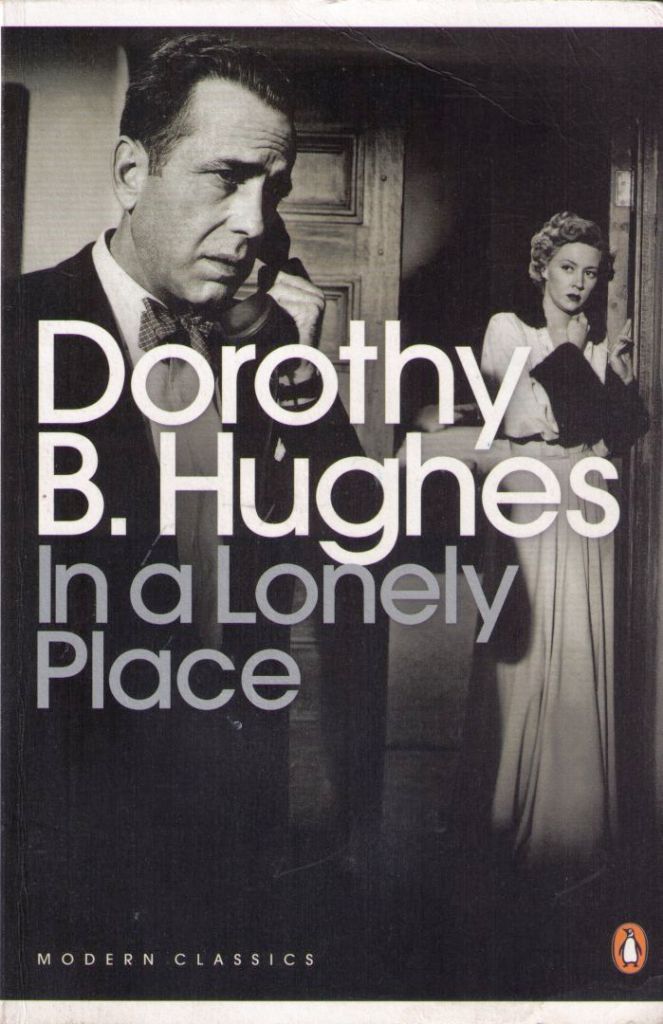
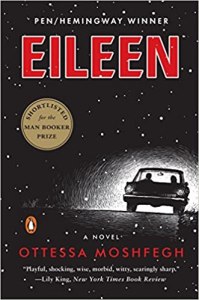
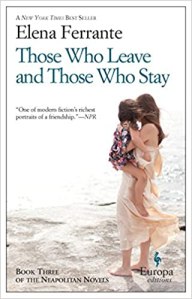 There’s a handful of hip, youngish, mostly male writers I avoid because of both their grating public images and callow, look-at-me writing (see ya, Dave Eggers). Journalist Chuck Klosterman, who specializes in rock and pop culture at large, has always made my belly twist at the teensy bit of his I’ve read in the likes of Spin magazine. He’s published loads of essay collections, like “Sex, Drugs, and Cocoa Puffs” and
There’s a handful of hip, youngish, mostly male writers I avoid because of both their grating public images and callow, look-at-me writing (see ya, Dave Eggers). Journalist Chuck Klosterman, who specializes in rock and pop culture at large, has always made my belly twist at the teensy bit of his I’ve read in the likes of Spin magazine. He’s published loads of essay collections, like “Sex, Drugs, and Cocoa Puffs” and 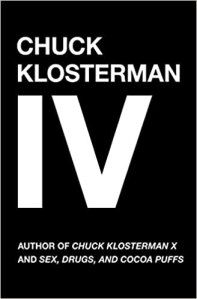 Also a delight are the words of the late David Carr, the New York Times media columnist who in 2015 dropped dead in the Times newsroom, a fact that might have tickled the celebrated super-journalist.
Also a delight are the words of the late David Carr, the New York Times media columnist who in 2015 dropped dead in the Times newsroom, a fact that might have tickled the celebrated super-journalist. 

